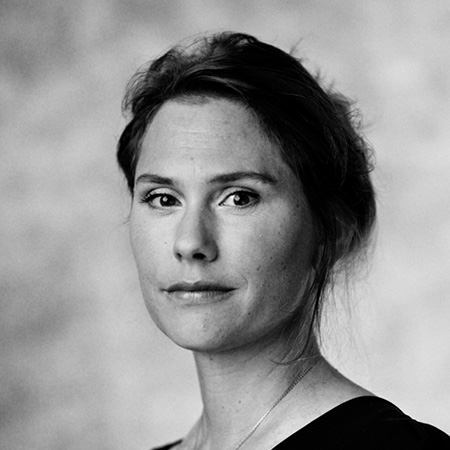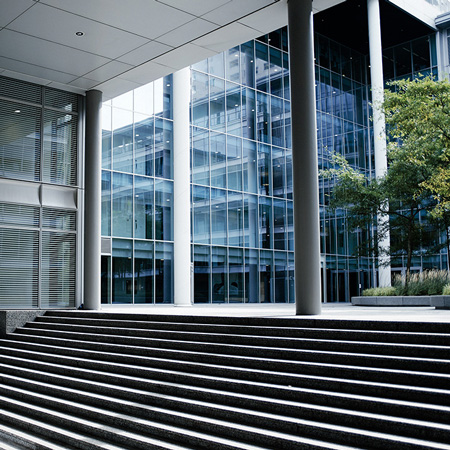
ECJ's guidance on competition assessment pharmaceutical patent settlements
News Update Competition
11 februari 2020
11 February 2020
In its judgment of 30 January 2020 (Case C-307/18), the European Court of Justice ("ECJ") confirmed that the presumption of validity of patents does not, as such, prevent the application of competition law to patent settlement agreements. This even applies if the validity of the patent has been confirmed by an interim court injunction. The ECJ ruled that legal disputes about patents are a fundamental characteristic of the pharmaceutical sector and that they are indicative of the existence of a competitive relationship between the patent holder and the generic manufacturers.
The judgment concerned settlements concluded between GlaxoSmithKline ("GSK") and three generic manufacturers that were seeking to enter the Paroxetine market. The settlements were concluded in the period from 2001 to 2002, following the expiry of GSK's principle patent on the active ingredient of Paroxetine. GSK still held a secondary patent on the production process of the active ingredient.The settlements provided for: (i) distribution arrangements allowing the generic manufacturers to resell Paroxetine; (ii) payments from GSK to the generic manufacturers (reverse payments), and; (iii) a prohibition on the generic manufacturers selling generic variants of Paroxetine for the remaining duration of the secondary patent and; (iv) a prohibition on the generic manufacturers continuing to challenge the secondary patent.
The UK Competition and Markets Authority ("CMA") found that the settlements constituted pay-for-delay agreements in breach of competition law and imposed fines totalling GBP 44.99 million. In the appeal procedure, the Competition Appeal Tribunal ("CAT") requested guidance from the ECJ on a number of questions. The ECJ's answers can be summarised as follows:
1. Generic manufacturers can be considered potential competitors to the patent holder if:
- The generic manufacturers have a firm intention and an inherent ability to enter the market, which is demonstrated by the preparatory steps they have taken, such as obtaining the required market authorisations, preparing adequate stock and challenging the validity of patents in litigation.
- There are no insurmountable barriers to entering the market: secondary process patents do not, as such, present such barriers, because their validity may be challenged.
- There is a genuine dispute as to the validity of the patent and the patent holder is willing to conclude an agreement and make transfers of considerable value.
2. Reverse payment settlements may, by their nature, be competition restrictions by object if:
- The reverse payments cannot be justified, e.g. by the cost of disruption caused by litigation and remunerations for actual supply of goods or services to the patent holder;
- The reverse payments can only be explained by the parties' commercial interest in not competing, thus preventing the originator medicines' appreciable fall in the sale price after the generic manufacturers' entry into the market, and
- The settlement is not accompanied by proven pro-competitive effects that raise doubts about the harm to competition.
3. Settlement agreements may also be competition restrictions by effect:
- It must be proven that the effect of the settlement is a restriction of competition, e.g. foreclosure effects.
- For the assessment of such effects and the functioning of the market without the settlement (counterfactual), no definitive findings are required in relation to the chances of success of the manufacture of generic medicines in the patent proceedings or to the probability of the conclusion of a less restrictive agreement. It suffices to consider the realistic possible outcomes of the patent proceedings as part of many other factors to be taken into consideration for the counterfactual assessment.
4. A set of settlements may amount to an abuse of that dominant position if:
- The patent holder has a dominant position on the relevant market - that may also include the generic products - provided that the generic manufacturers are in a position to enter the market within a short period with sufficient volume to provide an alternative to the originator.
- The settlements are part of an overall strategy by the patent holder and the cumulative effects thereof are the temporary foreclosure of the market in relation to generic manufacturers.
- The demonstrated efficiency gains of such a strategy can reverse the conclusion provided that they outweigh the negative effects on competition.
The CAT will apply the ECJ's guidance to the GSK settlements and assess whether the fines imposed by the CMA can be upheld.
Outlook
- For a long time, the potential anti-competitive nature of pay-for-delay settlements has been scrutinised by competition authorities: see, for example, the 8th Report on the Monitoring of Patent Settlements of the European Commission and the key focus points of ACM for the year 2020.
- The ECJ's guidance is likely to encourage both the European Commission and national competition authorities to continue their scrutiny of settlement practices in the pharmaceutical sector. Although the extensive guidance will help with competition assessment, many questions remain to be decided upon in the case-by-case analysis by the competition authorities. It is therefore possible that more guidance from the ECJ will be requested in the future.
- A first demonstration of the application of the ECJ's guidance to a specific case is likely to be given on 12 March 2020 with the opinion of advocate-general Kokott on the appeal cases against the General Court's Lundbeck judgment, (appeal cases C-586/16 P, C-588/16 P, C-591/16 P, C-601/16 P, C-611/16 P and C-614/16 P). A hearing has not been scheduled yet in the pending appeal cases against the General Court's Servier judgment (appeal cases C-201/19 P, C-176/19 P and C-144/19 P).
Contact
Should you have any questions following this news update, please do not hestitate to contact Greetje van Heezik or Lorenzo Fiorilli from Houthoff's Competition team.Sign up for our News Updates.
Written by:



